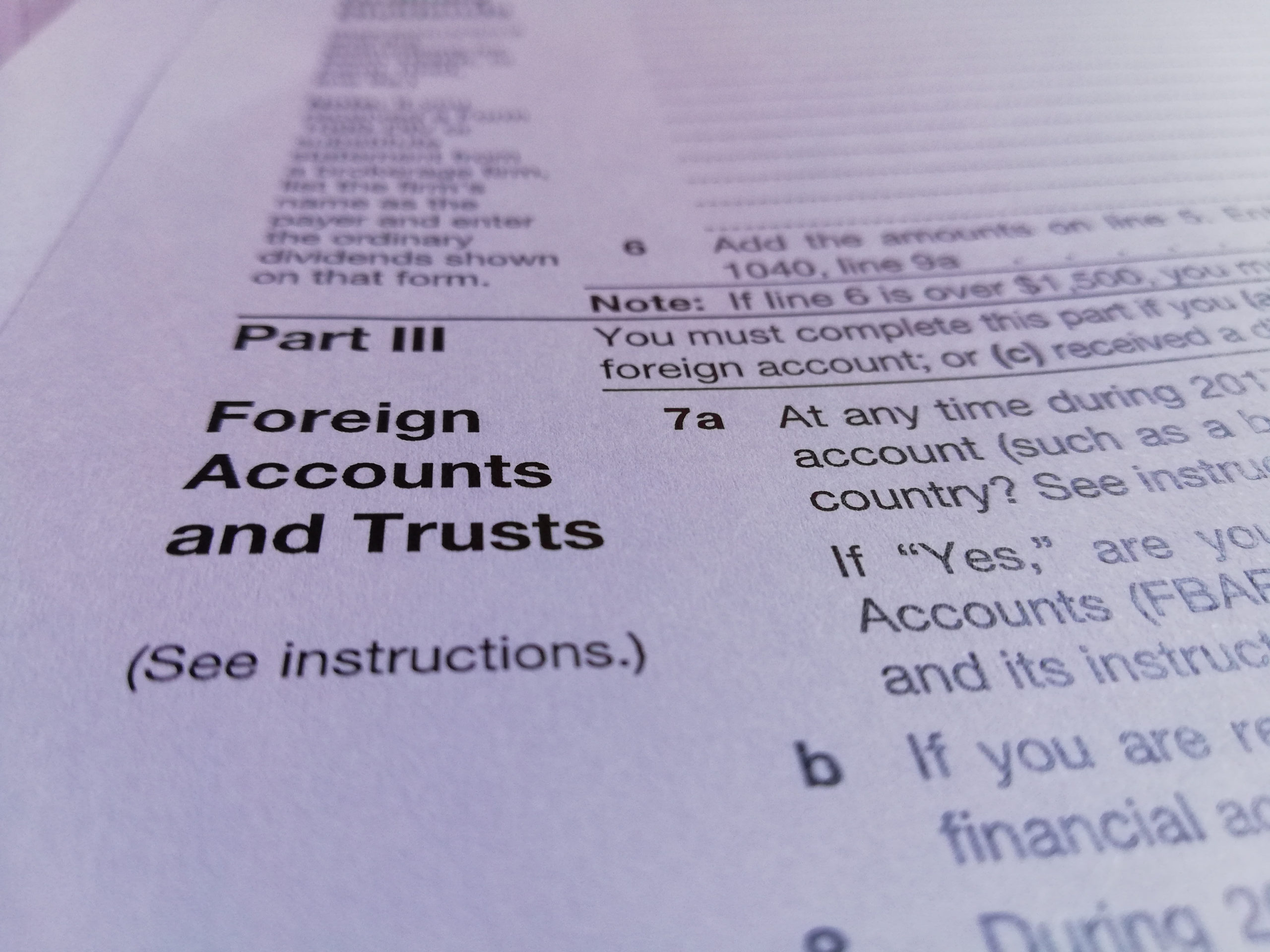The IRS Mission Statement states that: “the taxpayer’s role is to understand and meet his or her tax obligations”. Taxpayers fill out their own returns under a “self-assessment voluntary reporting system” because the Taxpayer is the one that possess all the information and not the IRS.
A Taxpayer’s actions may create the difference between an innocent mistake, and one that is “willful”
The word “willful” makes a big difference at the IRS. The IRS Tax Crimes Handbook defines willfulness as the “voluntary, intentional violation of a known legal duty.” Thus, “willful” suggests a stubborn persistence in doing what one wishes, especially in opposition to those whose wishes or commands ought to be respected or obeyed.
What is Willfulness for the IRS?
According to the Internal Revenue Manual (IRM): “Willfulness is shown by the person’s knowledge of the reporting requirements and the person’s conscious choice not to comply with the requirements”. The IRM also states that: “Willfulness can rarely be proven by direct evidence, since it is a state of mind. It is usually established by drawing a reasonable inference from the available facts. The government may base a determination of willfulness on inference from conduct meant to conceal sources of income or other financial information”.
There are documents that are helpful in establishing “willfulness” in Foreign Account Reporting that are specifically highlighted in the IRM:
- Copies of statements for the foreign bank account(s).
- Notes of the examiner’s interview with the foreign account holder/taxpayer about the foreign account(s).
- Correspondence with the account holder’s tax return preparer that may address the FBAR filing requirement.
- Documents showing criminal activity related to the non-filing of the FBAR (or non-compliance with other BSA provisions).
- Promotional material (from a promoter or offshore bank).
- Statements for debit or credit cards from the offshore bank that, for example, reveal the account holder used funds from the offshore account to cover everyday living expenses in a manner that conceals the source of the funds.
- Copies of any FBARs filed previously by the account holder (or FinCEN Query printouts of FBARs).
- Copies of Information Document Requests with requested items that were not provided highlighted along with explanations as to why the requested information was not provided.
- Copies of debit or credit card agreements and fee schedules with the foreign bank, which may show a significantly higher cost than typically associated with cards from domestic banks.
- Copies of any investment management or broker’s agreement and fee schedules with the foreign bank, which may show significantly higher costs than costs associated with domestic investment management firms or brokers.
- The written explanation of why the FBAR was not filed, if such a statement is provided. Otherwise, note in the work papers whether there was an opportunity to provide such a statement.
- Copies of any previous warning letters issued or certifications of prior FBAR penalty assessments.
- An explanation, in the work papers, as to why the examiner believes the failure to file the FBAR was willful.
Conduct is also a determinant if a person is trying to conceal
The following activities can be interpreted as “willful”:
- Moving money from one Bank to another,
- Making cash deposits and cash withdrawals,
- Instructing your Bank not to send you statements,
- Using another passport,
- Filing out some forms and not others,
- Reporting one account and not others,
- Setting up trusts and corporations,
- Visits in person,
- Using code words in communications,
- Not telling your Tax Return preparer, or CPA
IRS expects that a person with foreign accounts read Government tax forms and be familiar with instructions
Taxpayers ought to think about all the evidence that the IRS can build and mount against them. The stakes are very high, and it is best to obtain professional tax assistance.


